One of the island’s cities will be crowned the European Capital of Culture in 2030. The people of two of them and their untold stories form the basis of these bids
Eight years ago, the eyes of Europe turned towards Paphos as it was crowned European Capital of Culture, an event that left its imprints on the coastal town’s cultural heritage. Fast forward to today, two other Cypriot cities are in the running to be named cultural capital of 2030. Larnaca and Limassol are up against each other but will have to wait until the Autumn when the selection panel will meet again to recommend the Cypriot city that will become the European Capital of Culture 2030 (ECoC 2030).
For inspiration, artistic director of Lemesos 2030 Eleana Alexandrou and her team looked back at Paphos’ experience, reflecting on and evaluating some of the personal experiences of those involved. They looked at the impact the title had on Paphos’ cultural life, the role of the city, and the legacy. “But it’s a tricky thing to compare very different cities, different cultural landscapes and different times. Paphos 2017 was also affected by the harsh economic crisis of Cyprus and severe funding cuts. There you also see the political decision and how much power it can have.
“This makes it even more necessary for the city to stay committed, persistent and trusting towards culture as a catalyst for change. In our case, it was Lemessolians who helped formulate our application and vision, sharing and engaging to compose something relevant to us and close to our hearts,” she says.
This is somewhat echoed by Larnaca’s team, which has also taken on board the different era we live in. “We’re talking about a completely different time, Europe and the world have changed tremendously over the past decade. Larnaca is a quite different city [than Paphos], with its own character, aspirations and needs. We would go as far as to say that we find inspiration in the case of Paphos, but our proposal for Larnaca and Europe has been the outcome of a long-term, collective process that put the city in dialogue with its history, its destiny and Europe,” says artistic director of Larnaka 2030 Kelly Diapouli.
Once independent companies were established for each city three years ago, the two teams went about pursuing the title. There were five initial bids from Cyprus, with Nicosia, Ayia Napa and the Curium municipalities also making applications.
“(Larnaca) has strong reasons for pursuing this title. The war in 1974 had a huge impact on the city. As a result of the displacement, the city’s population doubled; nine refugee settlements were built to house Greek Cypriots that were displaced from the north. The heavy infrastructure, like the airport and the refineries were situated in Larnaca and thus it became a service centre for the whole island, responding to the emergencies of time for decades. Ten years ago, the city changed this reality by adopting a new long-term strategy of development and sustainable growth. Larnaca’s bid for ECoC 2030 is part of this broader, long-term effort to redefine the city’s identity and its path towards a more sustainable and diversified tomorrow,” explains Diapouli.
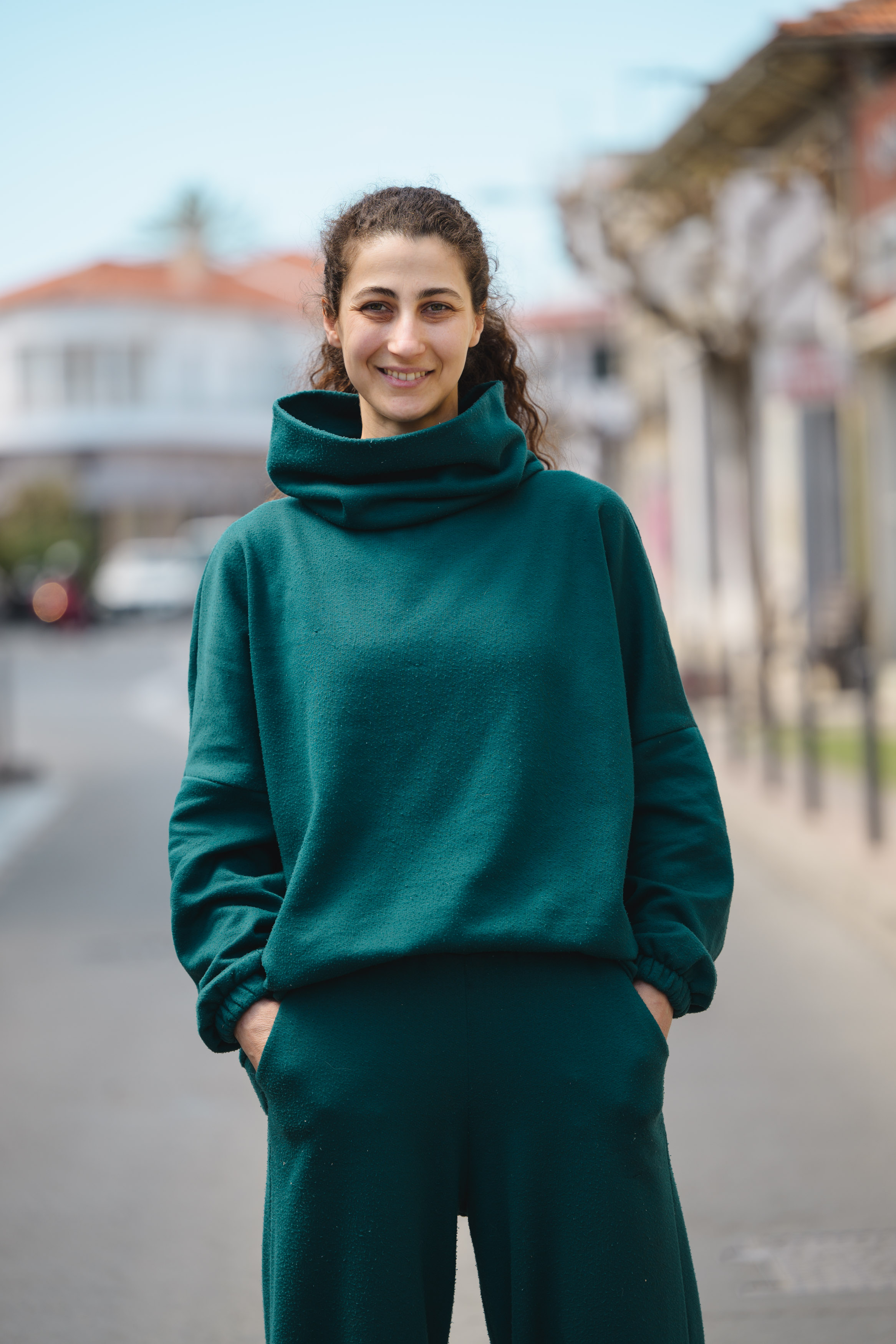
For Limassol, Alexandrou puts forward that “it has been a super dynamic process of mapping our needs, understanding our challenges, opening up to the potential and ambition this title can bring, both for Limassol’ cultural sector but even further the city itself. We began to ‘imagine a city’ together, discussing and trying things out in new, meaningful ways full of hope and creativity. In essence, any city can become an ideal city to host the title, as long as it has defined its story, its position in the world, its goals and the way to implement its proposal. Limassol has a lot to offer and a lot to reclaim, especially looking at the intense changes happening in recent years and the impact they have on young people as well as the less affluent groups and communities. A dynamic conversation that we are eager to have with Europe”.
It is well known that being shortlisted as a candidate for the European Capital of Culture title can bring significant cultural, economic and social benefits to a city even before the final selection. The application process itself encourages cities to develop ambitious cultural strategies, foster collaboration among local stakeholders, and invest in cultural infrastructure and programming.
“The bidding process for this title can be a multi-year process exactly because of these potentials and future benefits. It’s not just about an innovative cultural programme,” says Alexandrou. “We have met and discussed with individuals from different walks of life and diverse backgrounds to grasp what the bigger picture is, and put together strategic plans and ideas for the future that respond as closely as possible to what’s happening. At the same time, to complete this big picture, we kept looking in, zooming in, sharing our views, and understanding the individual challenges and potential impacts of this title. Bringing all this information together is maybe the most challenging part of this process but that’s exactly where we begin to see the long-term culture-led development,” she adds.
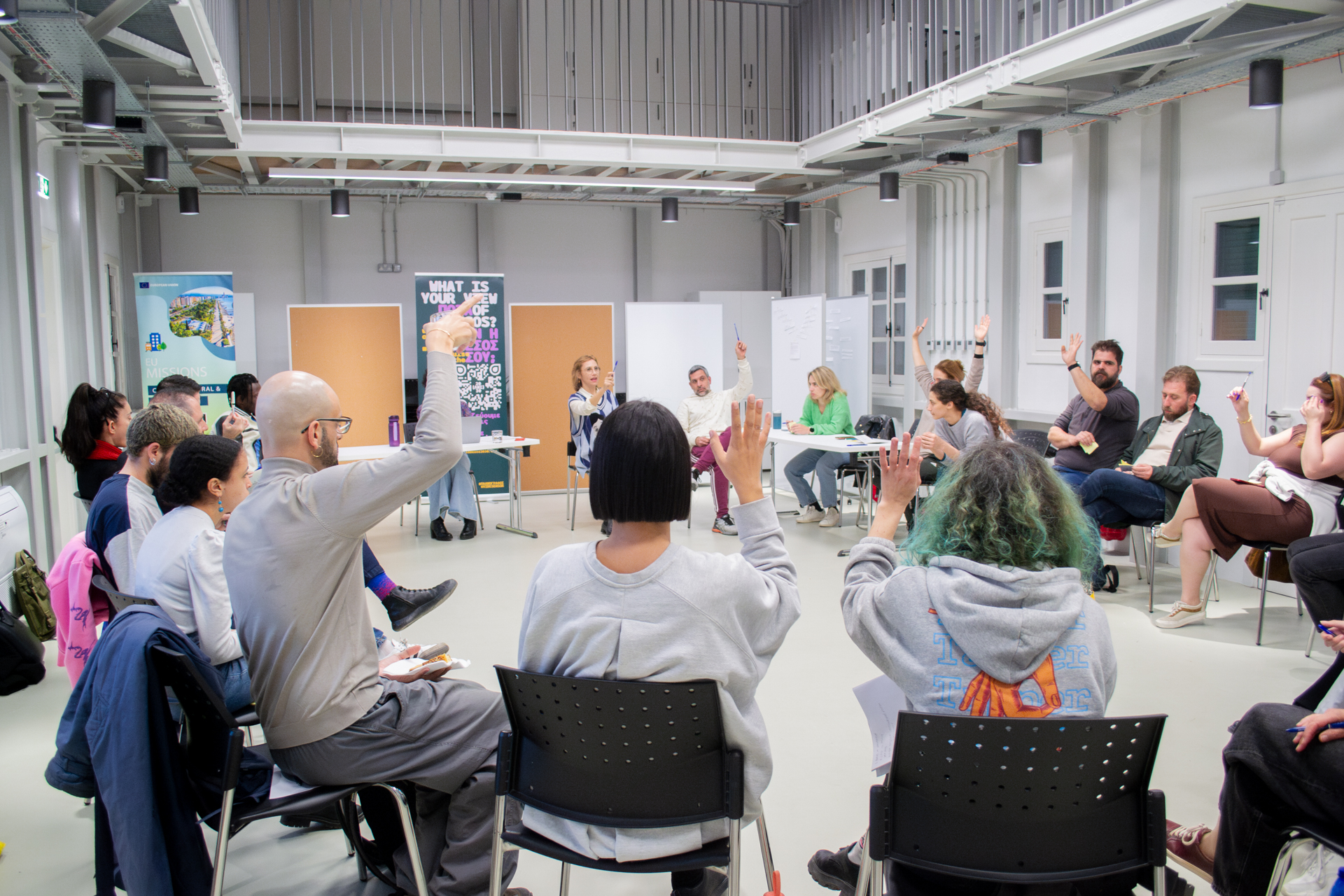
“From day one, we worked with the legacy aspect in our mind… We believe that the title will have a truly transformative effect on Larnaca. The city’s cultural ecosystem will be totally transformed,” says Diapouli. As an example, she mentions one of the main transformations to take place: the creation of a new cultural complex with an arts centre, a design centre and a museum dedicated to the people of Larnaca (The People’s Museum).
To this end, perhaps the bidding process lays some of the strongest foundations, regardless of the outcome.
“Limassol is already gaining from this experience. Having culture as a priority during the bidding process already creates a beneficial impact. Reflecting how we work and mapping out the sector, setting the ground or even setting in motion cultural matters on a city level as well as within the cultural community, engaging citizens and exercising participatory methods of ideation and implementation have already had the impacts felt. Imagine the transformation if we win,” says Alexandrou.
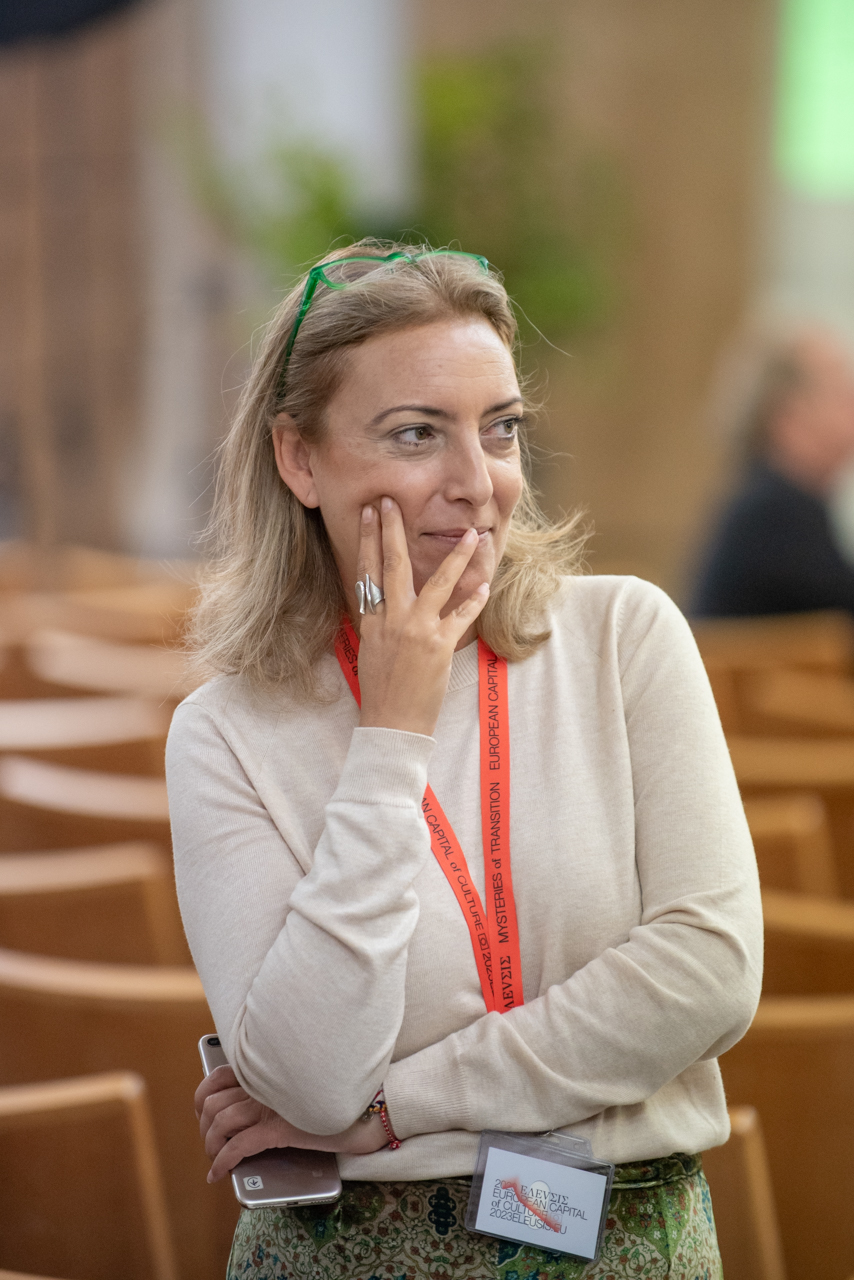
Larnaca agrees. “There’s no doubt we all benefit, we have been on a journey of redefining our cities using culture and art as a tool of change. There’s already visible change in the city. In the participation of people, in the representation of less privileged communities, in the way we inhabit the public space. And even if we don’t get the title, the cultural complex, that’s the first of its kind in Cyprus, will be created and will transform the cultural ecosystem not only of the city, but of the country as a whole,” says Diapouli.
With the objective to promote the diversity of cultures in Europe, to highlight the common features they share and to foster the contribution of culture in the long-term development of cities, both Larnaca and Limassol have come up with individual concepts. Although they are not in a position to talk about them openly because their bids are still being examined.
“When a city develops so fast and so dramatically, it’s easy to leave people and stories behind. We’re looking to tell the stories under the… stories, the ones left behind; untold, hidden, hopeful. Our concept is The Understory,” reveals Alexandrou. “We see this happening all around us, and there’s a lot to be told in many places of Europe and the world.”
Larnaca used Common Ground as its key concept. “In a nutshell, it refers to a conscious decision to build a new togetherness based on care and humaneness, a willingness to focus on rituals and narratives that unite us. What stands out in our narrative is that it’s not a local proposal, it’s a universal solution to a global challenge… and suggests that the centre has to learn from the periphery. That the solutions we need for a sustainable future are very likely to be found in the periphery, because there smaller cities demonstrate very interesting soft powers, such as humanity, empathy not as a concept but as an act. I think that our proposal is a call to shift the gaze to things that we consider minor but which in reality are of major importance; keys to finding solutions to the urgent challenges we are faced with on a global scale,” says Diapouli.
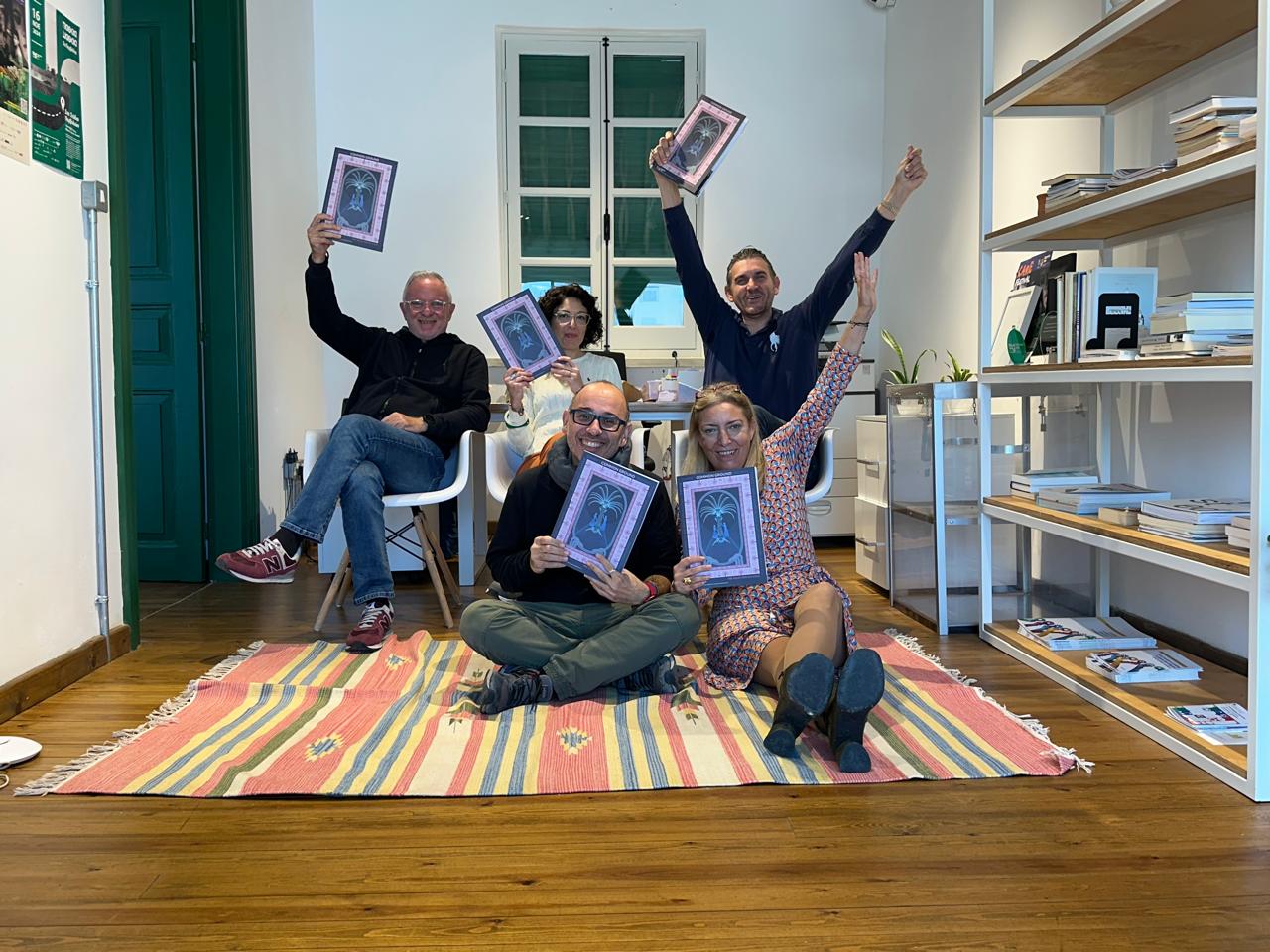
To this end, the title is bound to benefit the island as a whole too regardless of which city is chosen. “The European Capital of Culture motivates actions and planning that prioritise culture. This doen’t happen often in Cyprus. The long-term process of preparing the application comes with nurture and empowerment. And… the result becomes even more important in a place like Cyprus. The scale of investing in culture, of working strategically, of planning ahead, of gaining international visibility is incomparable to how things usually develop here,” concludes Alexandrou.
“(The title) is very important especially at this historic moment… we need to carefully and curiously look to the small and ‘unimportant’. There are strong lessons to be learnt from such places nowadays. More than ever, Europe needs to open up to the less heard voices and embrace diversity. Larnaca and Cyprus is such a place and one that is strongly connected to the Middle East… and Europe needs more than ever to truly understand and connect to the realities of the Middle East and of the Arab world and the world of Islam, because whether we like it or not, a considerable part of the current and the future population of Europe either belongs to or is connected to these cultures and these realities. The ECoC institution runs on a very democratic basis: no matter of each member state’s size or geographical position, all EU member states have the opportunity to host an ECoC. And it is exactly this nature of the ECoC that gives Europe and the EU the opportunity to explore and get connected to less prominent realities and practices. And it is exactly this focus that enriches the mainstream and that can provide new solutions and ways out,” says Diapoli.


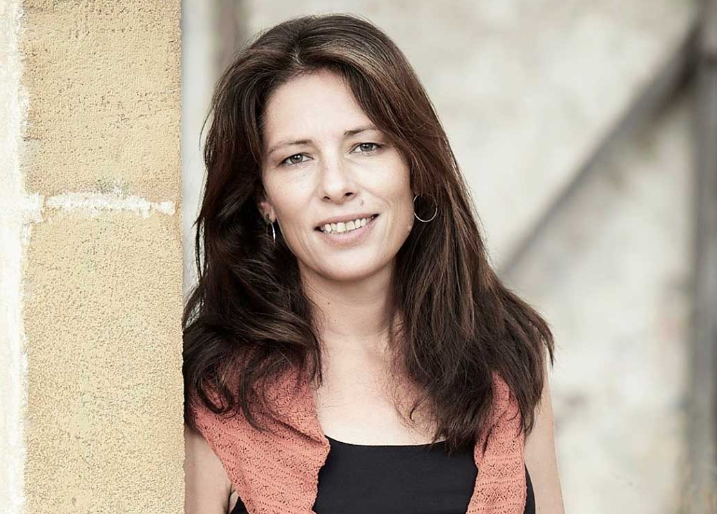




Click here to change your cookie preferences